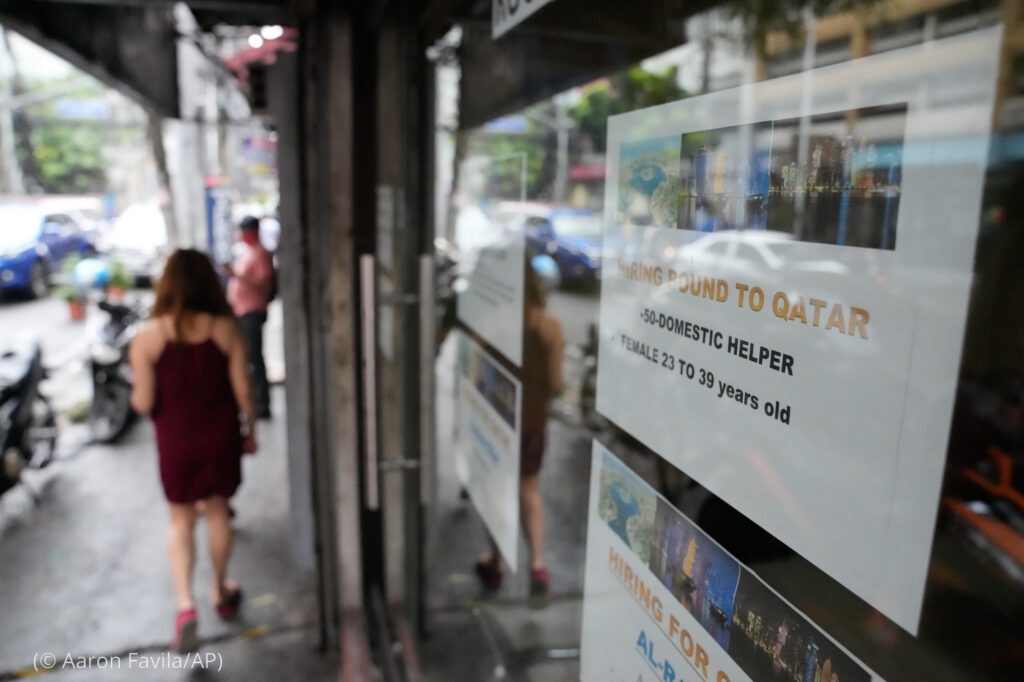Journalists digging into the numbers behind vague forfeiture reports have uncovered more unsurprising details about the practice. Since the state of Texas doesn’t require reporting of anything more than overall profits from forfeitures, reporters at the Texas Tribune did it the hard way. Reading through thousands of pages of court filings, the paper was able to tease out the granular detail law enforcement agencies don’t like the public seeing.
What the Texas Tribune uncovered is exactly the reasons asset forfeiture is both problematic and incredibly popular with law enforcement agencies. Cop shop PR officers may hold press conferences to announce things like the $ 1.2 million in cash seized from a traffic stop, they’re very quiet about the day-to-day work of forfeiture. The reality is the $ 50 million a year taken through forfeiture in the state of Texas is composed of hundreds of very small cash seizures.
-
Half of the cash seizures were for less than $ 3,000. In Harris and Smith counties, more than two-thirds were under $ 5,000.
-
About two of every five forfeiture cases started with a traffic stop.
-
Many cases were connected to possession of small amounts of drugs. In Smith County, a woman’s 2003 Chevrolet Trailblazer was seized after police found half of a gram of suspected methamphetamine and a partially-smoked blunt in the car.
-
In nearly 60% of the cases, people didn’t fight their seizures in court at all, resulting in judges turning over the property to local governments by default.
-
Two of every 10 cases didn’t result in a related criminal charge against the property owner or possessor; in Webb County, more than half didn’t.
-
And in about 40% of the cases, no one who had property taken from them was found guilty of a crime connected to the seizure.
Small seizures work out best for law enforcement. The cost of fighting the forfeiture usually outpaces the value of the seized property. This leads directly to the 60% default rate observed by the Texas Tribune. Bypassing criminal charges reduces the amount of time police and prosecutors have to spend processing the case, increasing the profitability of the seizure.
Even in the case of the $ 1.2 million seizure, no criminal charges were brought. Prosecutors claimed there was no criminal act to pursue since the driver claimed he was unaware of the cash officers found hidden in his trailer. And, under this deliberately-limited scope, there isn’t an obvious criminal act the driver could have been charged with. But instead of trying to locate the source of the money assumed to be tied to illegal activity, law enforcement kept the money and presumably allowed a drug operation to continue mostly unimpeded.
The large forfeitures are easier to defend. It not tough to imagine the sudden loss of over $ 1 million causing at least some disruption in the drug distribution chain. But when cops are taking whatever cash they can find on anyone they pull over or arrest? It’s a lot tougher to justify. But prosecutors will still try:
Angela Beavers, the lead civil forfeiture prosecutor for the Harris County District Attorney’s Office, said smaller seizures are common when police bust street dealers, who are an integral cog in drug trafficking organizations.
“Why would we allow the street level dealers to profit from their crimes? These are the dealers that ruin communities and families,” she said in an email.
But when the numbers are examined, these words ring hollow. It seems law enforcement cares more about the money being made by selling drugs, than the drugs themselves — when the drugs would seem to be more instrumental to “ruining communities and families.”
“I-35 is basically your main artery into the city from the rest of North America,” said Joe Baeza, a spokesperson for the Laredo Police Department. “We’re the beginning of the yellow brick road here.”
He said a U.S. Border Patrol checkpoint inspects vehicles heading north into Texas, and local cops often keep an eye out for drug proceeds traveling south. Webb County agencies made two seizures — a 2012 Dodge Ram and a 2008 BMW 5-series — from northbound stops after finding drugs in both vehicles, compared with 16 cash seizures from southbound lanes.
Even in counties where convictions were tied to forfeitures, it’s still small amounts of cash tied to small possession charges. The most abusive aspect of forfeiture may have been removed, but there’s still no indication this law enforcement tool is being used to dismantle drug cartels and stem the flow of drugs into communities.
It’s no wonder Texas law enforcement agencies have pushed back against forfeiture reporting requirements, as well as tying this practice to convictions. The numbers pulled directly from filings shows the practice is mainly used to enrich law enforcement agencies, one small seizure at a time. There’s nothing in here that shows this is benefiting Texas residents in any way.
Permalink | Comments | Email This Story
Techdirt.



